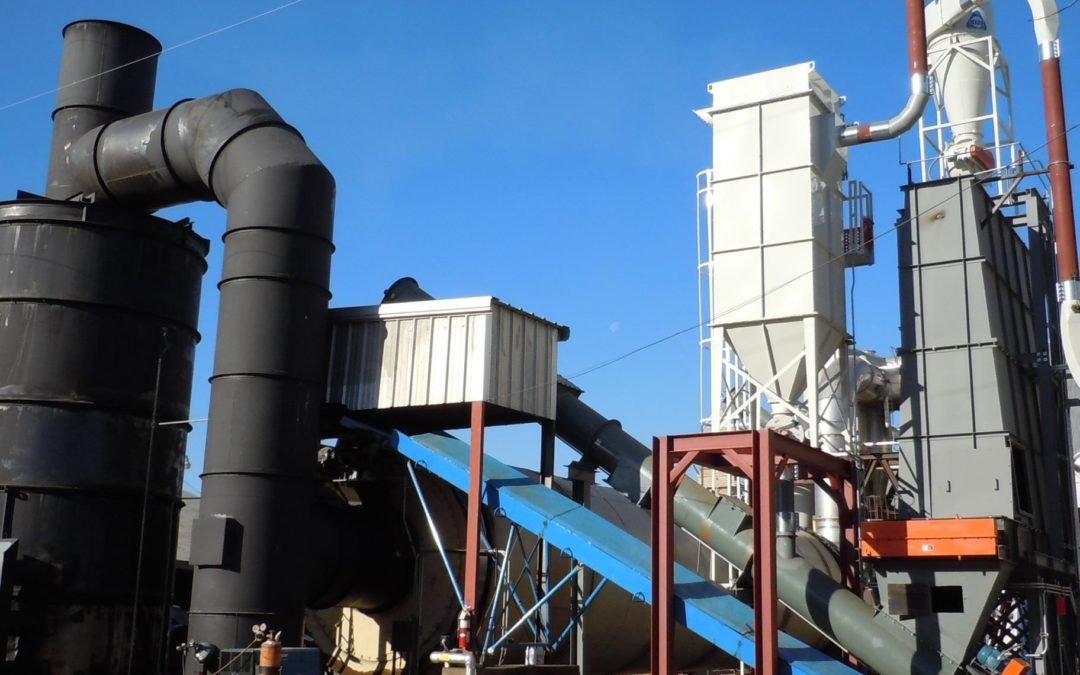Skidder On Highway After Dark Causes Vehicle Wreck
 BACKGROUND:
BACKGROUND:
On a fall evening in the eastern U.S., an equipment operator was moving a skidder from one logging site to another using a public, two-lane highway. Although it was dark, he planned to drive the skidder a couple hundred yards down a straight, level stretch of the highway.
PERSONAL CHARACTERISTICS:
The equipment operator was a 23-year-old, short-term employee who had been told by his supervisor to move the skidder via the highway.
UNSAFE ACTS AND CONDITIONS:
After dark, the operator drove the skidder down a much-traveled highway with only the skidder lights in operation. There were four white lights facing forward and four white lights facing to the rear. No flashing amber lights and no escort vehicle or flagmen were used, and the skidder did not have a triangular (slow-moving vehicle) warning sign attached to it.
ACCIDENT:
While proceeding down the highway, the slow-moving skidder was struck in the rear by a car traveling at 55 mph. The car then careened into a pickup truck coming from the opposite direction. A third vehicle, trying to avoid the collision, was forced into the roadside ditch.
INJURIES: The driver of the car was seriously injured, a passenger in the car was killed, and the driver of the pickup was seriously injured. The driver of the car that went into the ditch to avoid the collision was not injured, and neither was the skidder operator.
RECOMMENDATIONS FOR CORRECTION:
- It is never advisable to drive a skidder on a public highway, and especially not after dark. Don’t compromise safety just to save time.
- If you must operate an off-road machine for a short distance on a public road, always use a well-lighted escort vehicle and amber flashing lights to provide a warning, and a slow-moving vehicle triangular warning sign should always be attached to the equipment. Additional measures may be necessary. (Some states require a special permit or tag for running a mobile, off-road machine on a public road.)
- Supervisors should exercise management control when a hazardous situation exists for an inexperienced employee, and provide training where necessary. Employees should speak up and question directions if he/she believes the proposed action is unsafe.
Courtesy of the Forest Resources Association: forestresources.org
Latest News

Tracy Gunter Left Legacy Of Leadership
Tracy C. Gunter, Jr., long respected for his leadership in the logging industry, and owner of Tracy’s Logging, Leesville, SC, died March 23. He was 84. In October 1997, in the 25th anniversary issue of Southern Loggin’ Times, Gunter was named as...

Enviva Closing Amory Mill in Mississippi
Emerging from bankruptcy in late 2024, Enviva announced in early February that it was closing its Amory pellet plant in northeast Mississippi. The Amory facility was the company’s first plant operated in the U.S. and was acquired in 2010. According...
Have A Question?
Send Us A Message
